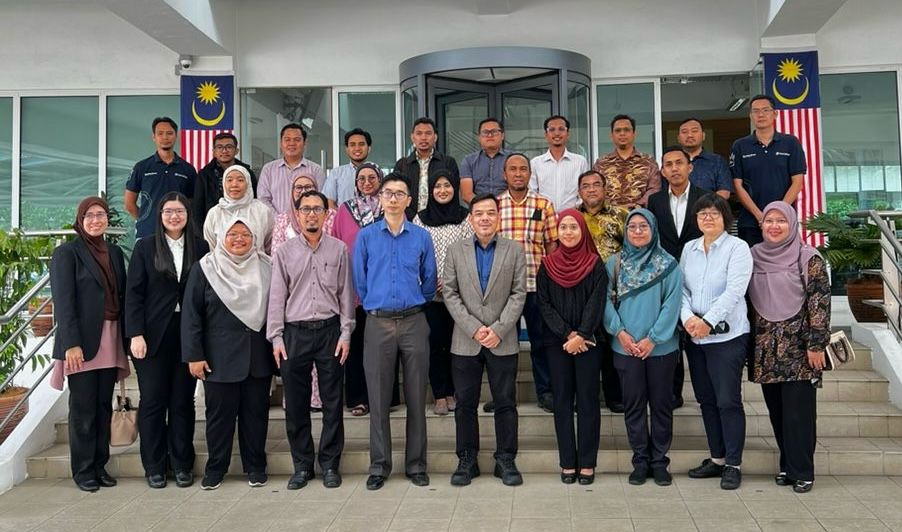
9th April 2024
Cities and communities play a crucial role in addressing the global climate crisis. They are the home for over half of the global population and account for around 75% of global energy-related greenhouse gas (GHG) emissions.
The crucial first step to mitigate emissions for a city or a community is to identify and quantify its emission sources as “you cannot improve what you don’t measure”.
Working in partnership with MGTC, the OPTIMISE team had the privilege to implement the Global Protocol for Community-Scale Greenhouse Gas Emission Inventories (GPC) in the project to develop the GHG inventory for the Sepang Municipality (MP Sepang), a leading aviation hub in ASEAN.
Established through the partnership of The World Resources Institute, C40 Cities, and ICLEI (Local Governments for Sustainability), the GPC provides a standardised framework for local governments and municipalities to assess and report emissions within their geographic boundaries. Being among the first to implement the comprehensive BASIC+ GPC reporting standard, we feel compelled to relate our fair share of challenges and achievements in working with MP Sepang, to pave the way for successful city-induced GHG accounting in the future.
We took the challenge to cover all emission sources including energy generation/use, transportation, waste, industrial processes and product use (IPPU), agriculture, forestry and land-use (AFOLU) within the MP Sepang.
Extensive stakeholder communication is the critical success factor in accounting city scale GHG emissions. From October 2023 until the end of January 2024, we engaged 60 organisations from the government, industry players and associations, state-owned enterprises and public service sectors. It is not surprising that the government sector acted as the playmaker in data gathering, as feedback from private organisations tends to be hauled by confidentiality risks. To acquire industrial information, surveys should be incentivised in order to have a meaningful response rate.
Capacity building is a vital activity that we organised to prepare MP Sepang to continuously monitor the achievements of its GHG reduction targets by 2030, with the use of GPC-aligned tools and our proprietary data collection templates. In the era of Industry 4.0, opportunities in using digital tools for stakeholder data update and modelling of city activities are the keys to time- and resource-efficient GHG accounting.
In summary, accounting GHG emissions at community scale requires integrated commitment between government, communities, businesses and academia. Commitment from the authorities as the focal point drives the efficiency of city level GHG accounting.
To learn more about how to conduct GHG accounting and reporting for your organisation and communities in line with international standards, we invite you to join our GHG training programs, or contact us to arrange for an in-house training.
📧Email to us: [email protected]
📲Training Inquiry: http://wa.link/ypkabf
💻FB & LinkedIn: 𝗢𝗽𝘁𝗶𝗺𝗮𝗹 𝗦𝘆𝘀𝘁𝗲𝗺𝘀 𝗘𝗻𝗴𝗶𝗻𝗲𝗲𝗿𝗶𝗻𝗴

